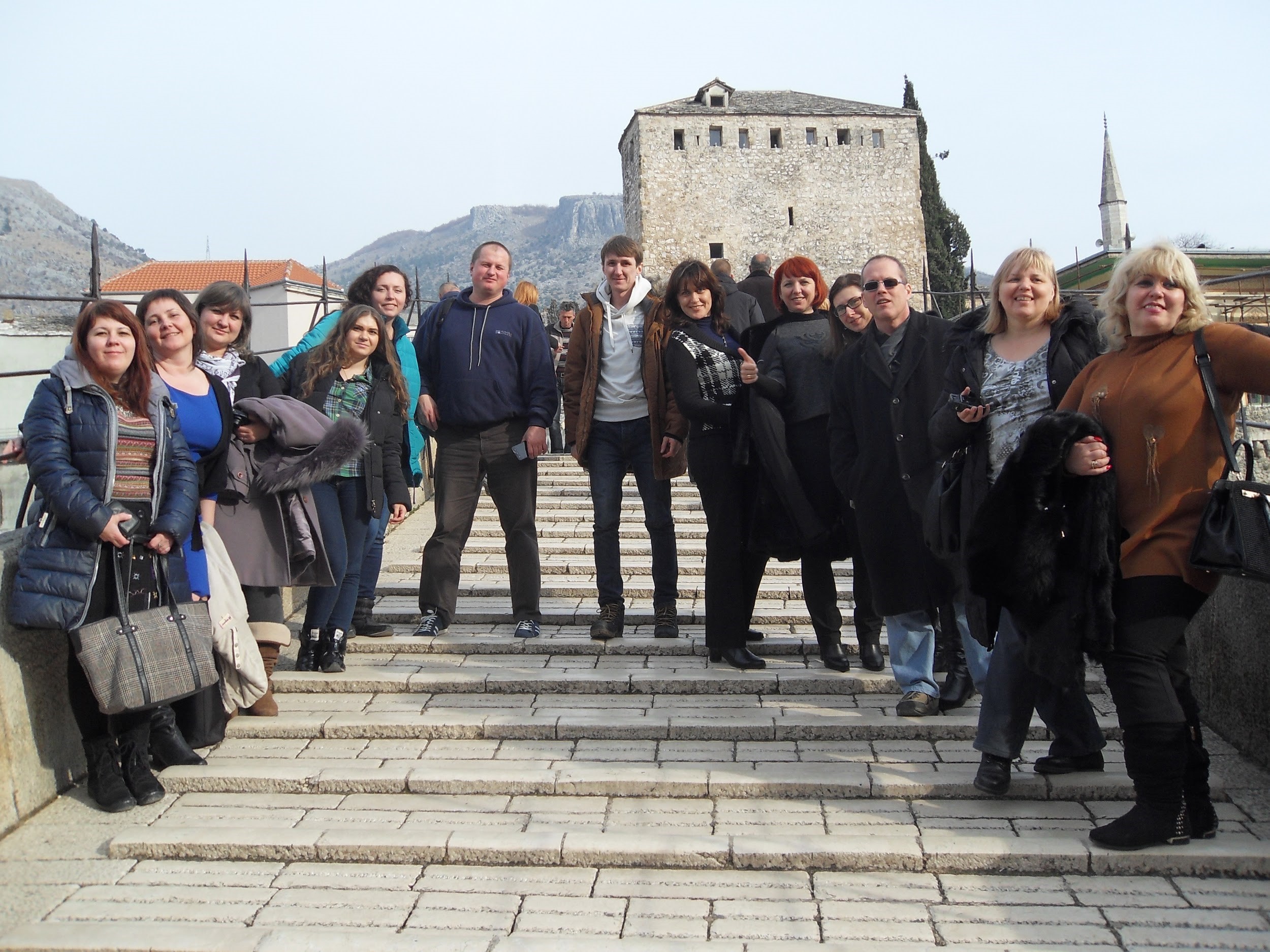Dates: January 24-31, 2016
This program was designed to enable a group of 10 Ukrainian professionals from diverse backgrounds to strengthen knowledge and skills related to conflict transformation training in order to apply it to peacebuilding processes within the current Ukrainian setting. To do this it incorporated various perspectives related to the return of IDPs (as one of the most pressing social issues facing the targeted communities) and a systemic approach that considers NGO, government, and media contributions separately and through their interactions. Given the target audience it focused primarily on community-level processes to which they have access. Finally the program was designed based on the dynamic phase of conflict in the Ukraine which makes it difficult to plan projects and measure outcomes. These perspectives were achieved by exposing participants to new practices in their area of expertise, providing targeted training opportunities, and providing resources and skills necessary to make informed decisions and adopt and implement what they have learned in their field of work.
Participants were drawn from representatives of local authorities, community groups, displaced persons, returnees, host communities, and community mediators from GOU-controlled areas of Donetsk, Luhansk, Kharkiv, Dnipropetrovsk and Zaporizhya Oblasts, which have been most dramatically affected by conflict.
The participants visited or interacted with the following organizations: Trauma Center (Bread of St. Anthony), Democratization Policy Council, Media Center, Union for Sustainable Return and Integration in B&H, Abrašević (Mostar)
In addition, the peer component included more in-depth interaction and learning from selected professionals from the following organizations: Center for Social Work Canton Sarajevo, SOS Children’s Villages Sarajevo, Izvor (Prijedor), Schuler Helfen Leben (SHL), Sezam (Zenica)
Trainers: Randall Puljek-Shank and Tamara Šmidling


